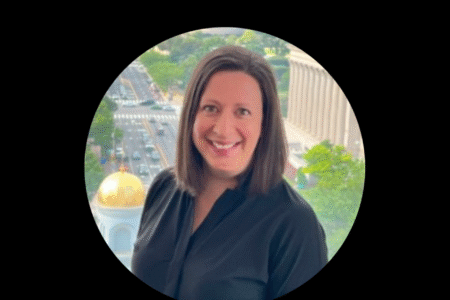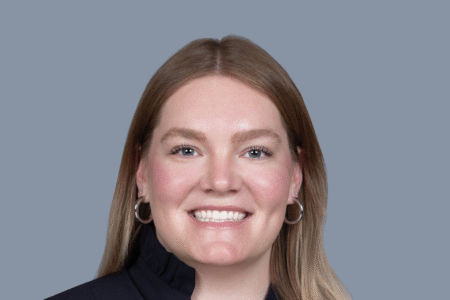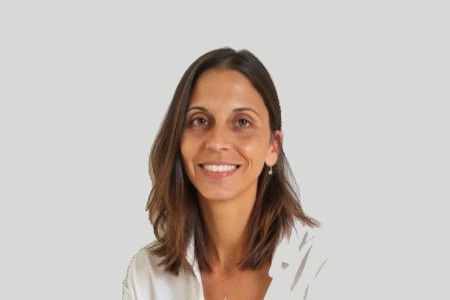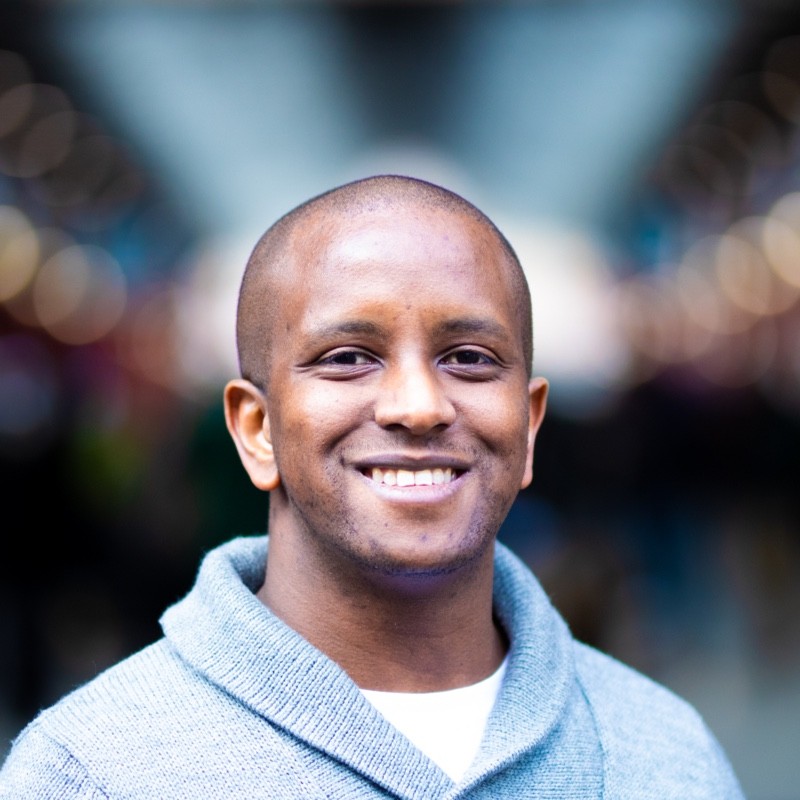
Green Success Stories got to connect with Nasi Rwigema, the founder of Umwuga to learn more about his company, and his thoughts on sustainability and the future of the workforce. Umwuga is a marketplace where people can get a good job today and then up-skill and network their way to their dream jobs tomorrow. Their platform is designed to assist workers at every stage of their career, from the entry level to highly skilled roles.
Tell us a little bit about you and your background:
For eight years, I worked across Sub-Saharan Africa developing renewable energy power plants. This required thousands of employees, 80% of whom were semi-skilled or mid-skilled, to build large machines in rural and isolated areas. The challenge – “How do we find and hire the best workers in the middle of nowhere?” We had trouble sourcing workers despite unemployment rates of 30-40%. So, we used local politicians and labour brokers, but discovered they either had competing interests or charged outrageous fees.
When we interviewed our candidates, it was evident they had no idea how to win a job. Too much “Hello sir, I’m a very hard worker. Please give me a chance, I won’t let you down”. So, we made Umwuga. Not enough is being done to help low(er)-skilled workers advance in their careers. Employers pay salaries, and job recruiters and websites take a cut. As a result, the entire job market is designed to please employers.
The gig economy revolutionized how people work, but it also worsened the power imbalance that most workers face. Our mission is to level the playing field for professional work across all skill levels.
What is a fun fact about you?
I am a pan-African. Born and raised in South Africa with a Ugandan Father, Zimbabwean Mother, and Ghanaian wife.
Why do you think climate change and sustainability is such an important topic today?
Climate change is real, but it’s not going to affect us too painfully right now. The good news is we still have time to limit the worst impact, and a growing number of people are caring enough to take action for this. A driving reason for me is that poor and developing countries will be among those most negatively impacted by climate change, and least able to cope. We are lucky to live in a beautiful world full of diversity, wonder, and awe. We must ensure that our children, and all future generations, receive the same.
What do you envision your industry looking like 10 years from now?
The world of work has changed dramatically over the last few decades. We now use technology to do our jobs rather than having people perform those tasks. In ten years time, 50%of jobs will be automated yet only 5% of today’s jobs will have been eliminated. Most jobs require digital skills. Those who can adapt their skills will thrive. We must do more to support young people, lower-skilled people and those who are disadvantaged.
What can the average person do to make a difference?
We need to act on climate change because it affects us all. It’s important to understand that everyone needs to take responsibility for their own actions. A few things each of us can do to reduce our impact include:
1. Reduce energy consumption at home and at work.
2. Use less plastic and paper.
3. Buy local produce whenever possible.
4. Avoid single-use plastics.
5. Recycle everything.
6. Use public transport or car-sharing when possible.
7. Do your bit to conserve water and electricity.
8. Plant trees.
9. Support renewable energy projects.
10. Make sure your employer does its bit too.
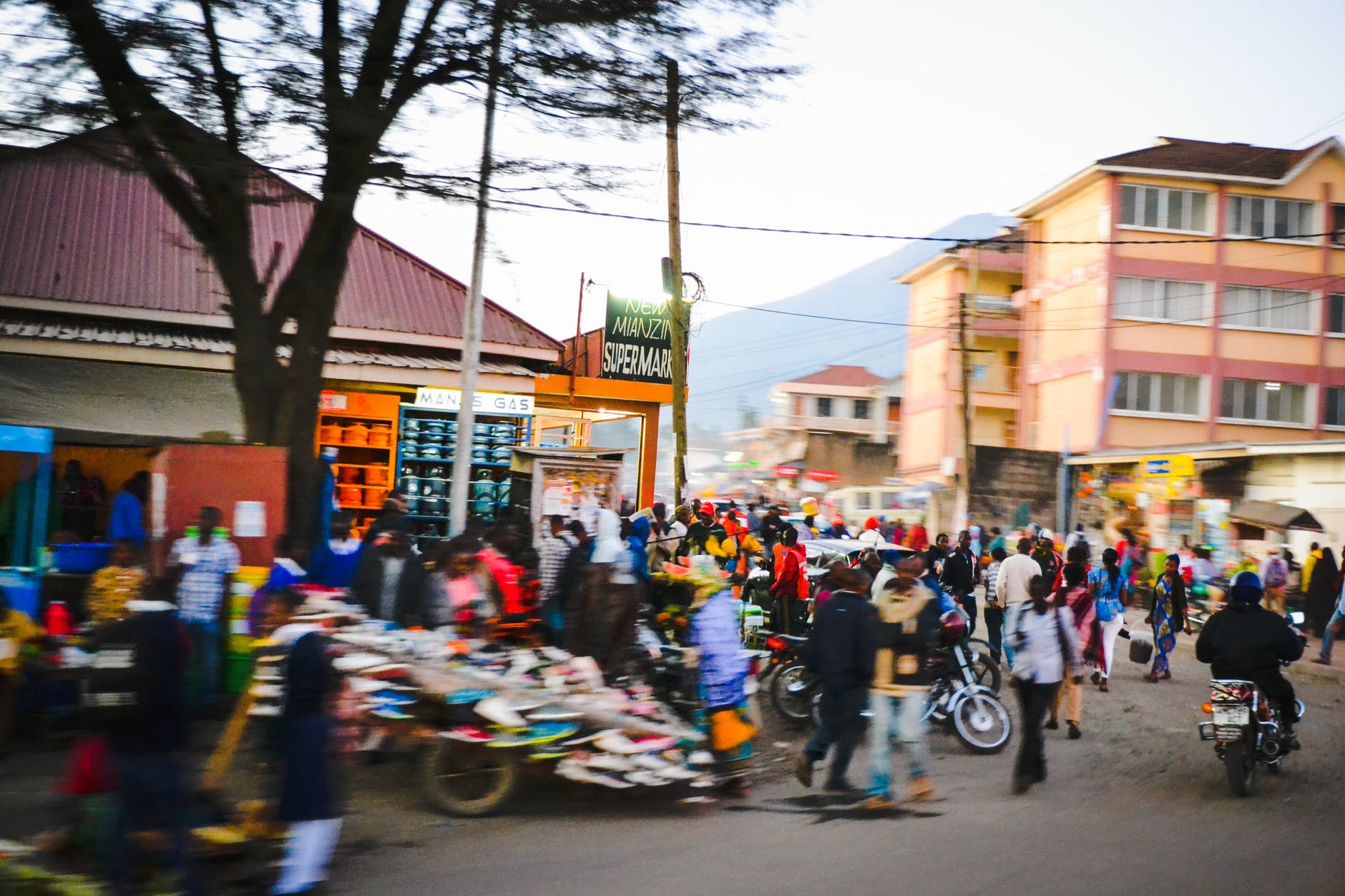
Green Success Stories is a television show, podcast, social media, and news platform, hosted by Dylan Welch, that highlights climate change scientists, renewable energy experts, and clean tech entrepreneurs by giving them a voice in the mainstream media. The Green podcast highlights leading experts in cleantech, sustainability, media, finance, and real estate. Tune in and subscribe to the podcast on Apple or Spotify to listen to interviews with leading cleantech and sustainable experts. If you are interested in being featured on Green, click HERE.


